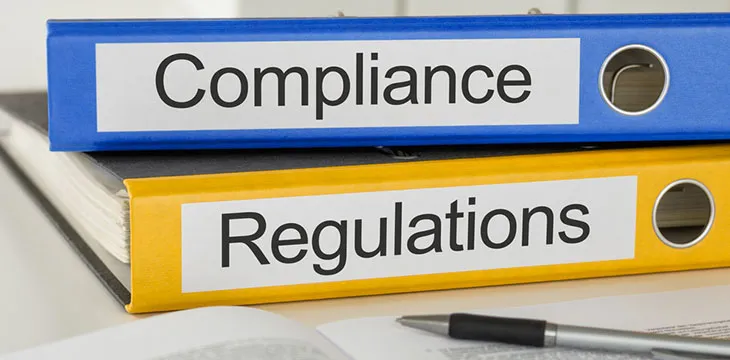|
Getting your Trinity Audio player ready...
|
The Board of the International Organization of Securities Commissions (IOSCO) has unveiled plans to address the risk stemming from digital currencies to protect investors.
The leading international policy forum for securities regulators made its plans known in its recently published Work Program for 2023 and 2024. Within the two-year window, IOSCO confirmed that it would review a set of standards to gauge its suitability as a global framework.
The IOSCO will increase the depth of its policy-focused work on digital currencies and their related activities while “addressing the pre-identified vulnerabilities in the non-bank financial intermediation sector.” The U.K.’s Financial Conduct Authority (FCA) spearheads a working group concerned with digital asset custody, market integrity, and transparency.
On the other hand, the U.S. Securities and Exchange Commission (SEC) has been tasked with probing into financial stability risks posed by digital currencies and submitting recommendations to guarantee greater investor protection. The IOSCO will also explore strategies to strengthen financial resilience and promote global regulatory cooperation.
“We will also turn our attention to increasing the level of support we provide to regulators around the world to encourage and support strong standards of securities supervision,” IOSCO Secretary General Martin Moloney said. “This kind of ambitious work plan, with tight delivery deadlines, requires a lot from our members who continue to provide substantial resources to get all this work done.”
In 2022, the IOSCO and the Bank for International Settlements (BIS) jointly published regulatory guidelines for systemic stablecoins that place a premium on permissioned ledgers over publicly distributed ledgers. The securities body has also carried out joint reports with the Financial Stability Board (FSB), poking holes into the claim of decentralized finance (DeFi) projects on the grounds that they could be centralized entities underneath.
IOSCO’s members regulate 95% of the world’s securities in 130 jurisdictions, making it a force to be reckoned with in its attempt to push for digital currency regulation.
Global attempts at regulation
Regulators worldwide are clamoring for a global outlook for digital currency regulation, with the G7 and G20 nations making it a cornerstone of their annual objectives.
India, currently serving as G20 president, has confirmed that it will use its powers to push for a global framework to regulate digital currencies. India’s Finance Minister Nirmala Sitharaman confirmed that a concerted regulatory effort for controlling digital currencies was imperative to clamp down on skyrocketing incidents of “regulatory arbitrage.”
“We are talking to all nations, that if it requires regulation, then one country alone cannot do anything,” Sitharaman stated. “We are talking with all nations if we can make some standard operating procedure which everyone follows to make a regulatory framework, and if it can be effective.”
Watch: ESG Compliance & Blockchain

 07-13-2025
07-13-2025 





